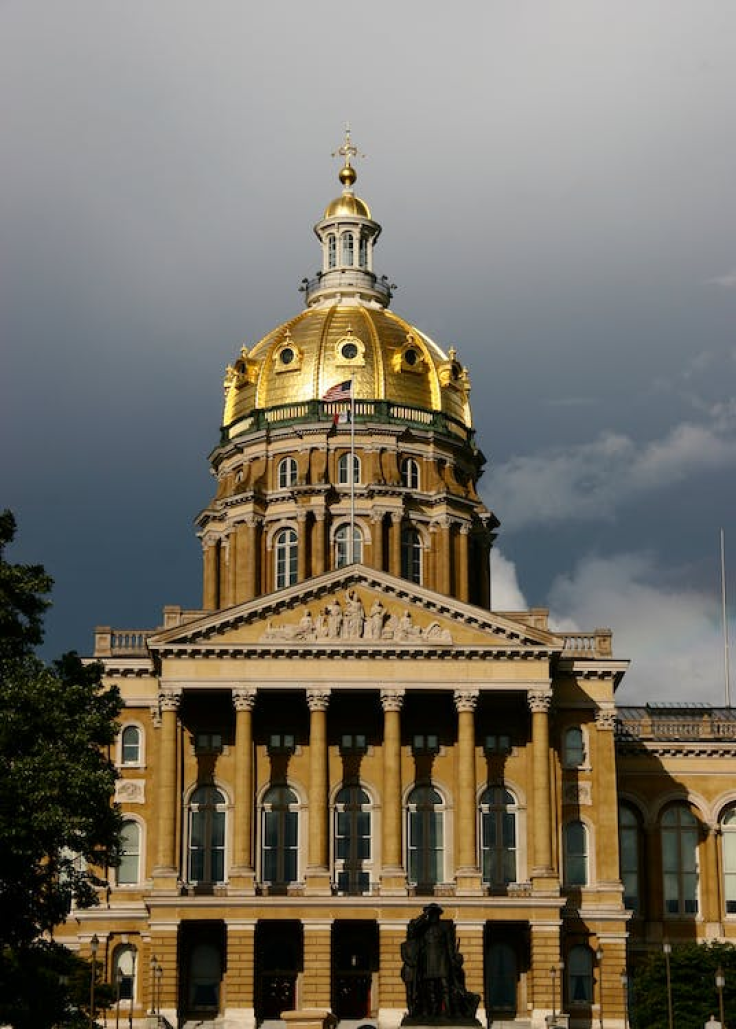The Iowa House Education Committee has recently given its approval to the Higher Education Reform Act of 2024, a sweeping legislative proposal designed to bring about significant changes across various facets of higher education in the state. The bill, officially named House File 2327, is set to move forward to the House floor for more extensive deliberation and consideration.

Legislative Overhaul and Amendments
House File 2327, in its amended form, covers an array of critical areas impacting Iowa's educational landscape, encompassing community colleges, public institutions, and private universities. The bill is a response to concerns raised by Republican lawmakers who argue that a growing lack of trust in higher education is linked to rising costs and what they perceive as diversions, with specific mention of concerns about diversity, equity, and inclusion initiatives.
Read also: Iowa State University Reacts to DEI Recommendations: Pronoun Disclosure Optional Amidst Debate
Key amendments within the bill include measures to cap in-state tuition and fee increases at 3%, ensuring a level of predictability for students entering state universities during the upcoming academic year. Additionally, the legislation mandates a comprehensive study by state universities to identify strategies for cost reduction while maintaining current tuition and fee levels.
Debates and Concerns
While the bill secured support from Republican representatives, their Democratic counterparts expressed reservations about the potential financial implications for state universities. Questions arose regarding the sustainability of tuition caps and the potential impact on universities' ability to adequately support their programs.
A noteworthy point of contention was the inclusion of the Classic Learning Test (CLT) as an alternative standardized assessment for university admission. Critics, including Representative Sharon Steckman, raised concerns about the adequacy of the CLT, highlighting worries about its content and effectiveness in comparison to established standardized tests such as the ACT and SAT.
Provisions Impacting Institutions and Students
The bill introduces several provisions aimed at enhancing transparency and accountability within Iowa's higher education institutions. Notably, it mandates increased oversight over university hiring practices, requiring approval from the Iowa Board of Regents for certain positions directly reporting to university presidents.
Furthermore, the legislation calls for the establishment of a presidential selection committee to recommend candidates for open president positions at state universities. The identities of these candidates would remain confidential from the public, sparking discussions about the balance between transparency and the need for a confidential selection process.
The bill also addresses concerns surrounding diversity, equity, and inclusion initiatives, directing universities to review and potentially eliminate related offices and positions. This directive aligns with previous recommendations by the Iowa Board of Regents, fueling debates over the delicate balance between promoting inclusivity and reducing administrative costs.
Private University Closure Procedures
In addition to reforms impacting public institutions, the bill includes provisions outlining closure procedures for private universities. Private colleges undergoing closure would be required to notify the Iowa Department of Education promptly and provide detailed plans for student, faculty, and staff support during the transition.
As the bill progresses to the House floor, additional debates and amendments are anticipated. Lawmakers will grapple with the nuanced intricacies of higher education reform, navigating the challenges and opportunities presented by this ambitious legislative initiative.
© 2026 University Herald, All rights reserved. Do not reproduce without permission.








